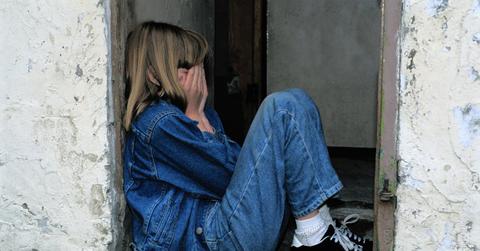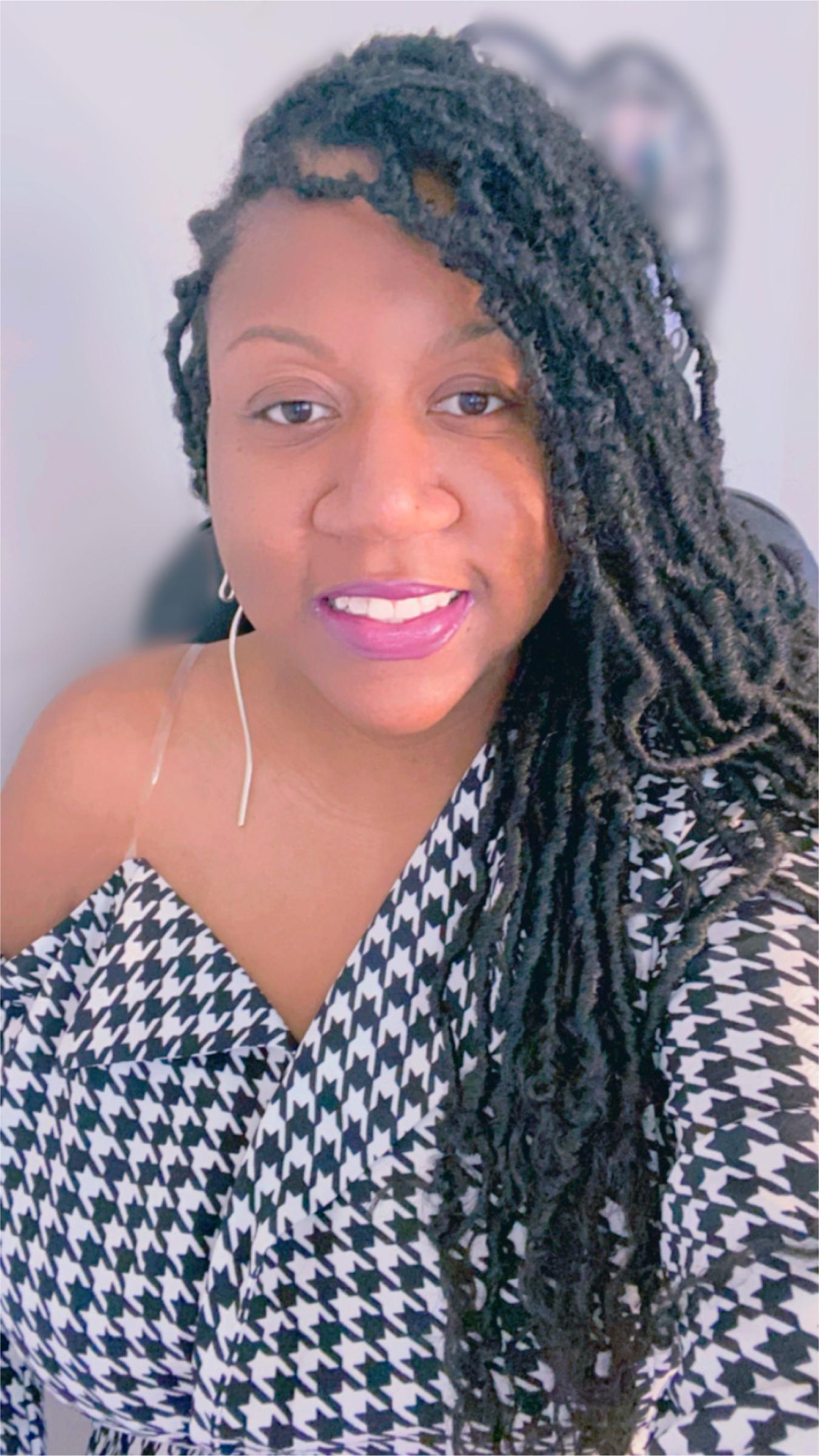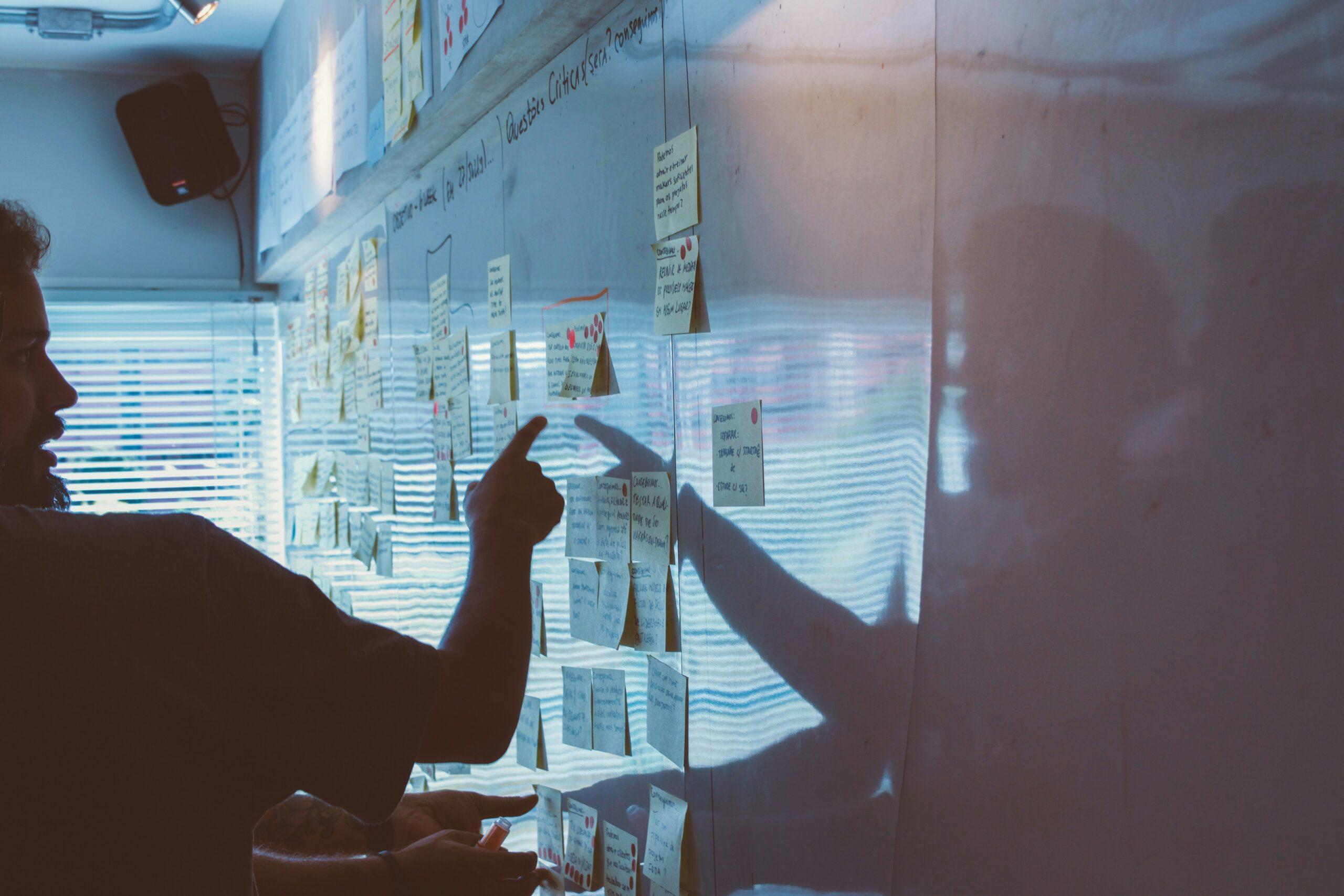Making Peace With Childhood Trauma: Avenues To Help Heal

Childhood traumas can persist into adulthood and impact every decision you make. Whether you’ve talked to someone or held it in for years, the trauma will make its way out.
Facing the issue at hand is half the battle. Trying out different methods to help target childhood trauma will place you in the right direction to heal. If you’re curious about where to start, keep reading.
Begin At The Foundation
“Start by understanding how your childhood experiences may still be affecting you,” said Ciara Bogdanovic, owner and founder at Sagebrush Psychotherapy. “This includes low self-worth, difficulty trusting others, or being easily overwhelmed in relationships.”
Explore Emotional Triggers
“By recognizing your emotional triggers, you can interrupt old patterns and create space for more intentional responses,” said Katie Byram, anxiety therapist, and founder of Monarch Therapy Group. “Triggers are situations, words, or behaviors that evoke intense emotional reactions, often tied to past experiences. These reactions can feel overwhelming or disproportionate to the present moment, signaling that something deeper is at play. By paying attention to what sets you off, you can begin to connect the dots between your current feelings and past wounds.”
Katie also said this awareness helps you gain insight into unresolved pain that may be resurfacing. Recognizing your triggers is not about avoiding them but about understanding them, so you can take action and respond with more self-awareness.

Test Out Therapy As A Means To Be Transparent
“Trauma will not heal on its own. Intentional work must be done,” said Tara Quick, EMDR certified therapist working primarily with women who’ve experienced complex trauma. ”Therapy offers a safe space and a process to work towards healing.”
Tara believes therapy helps people understand themselves and their symptoms better, which for many people, helps melt away the shame that keeps us stuck. Therapy is a space where you learn skills to manage your symptoms, and its a place where your brain and body can get unstuck from the trauma that has been unprocessed in your nervous system, its a place where you can change the way you think and feel about yourself, the world and what has happened to you.

Believe And Trust Yourself
Though the traumatic experience happened to you as a child, remind yourself of your strength and power. You are no victim, you are the victor. Trust that you can heal and overcome a dark time in your life, and believe that that trauma will not define your life.
According to Substance Abuse and Mental Health Services Administration (SAMHSA), over two-thirds of children report experiencing at least one traumatic event by age 16. Furthermore, the CDC states that preventing Adverse Childhood Experiences (ACEs) could potentially reduce many health conditions. Estimates show up to 1.9 million heart disease cases and 21 million depression cases potentially could have been avoided by preventing ACEs.
Find a Professional That Can Break Down The Trauma
Shuntai Allen‑Bey, LPC | Therapist & Wellness Advocate for Women has a guide to assist women through childhood trauma in her work:
Start with safety: Before we dip our toes into old wounds, I teach simple grounding skills—like breathing exercises, micro‑mindfulness breaks, and boundary‑setting phrases—that help you feel solid in your own skin.
Connect the dots: So many of us don’t realize that today’s anxiety or trust issues started decades ago. In therapy, we trace those patterns back until they finally make sense—and lose some of their power.
Let go of shame: You’re not “broken.” You did the best you could with what you knew. Together, we replace blame with self‑compassion.
Build your toolbox.
- Journaling prompts that speak to that younger you
- Inner‑child exercises to soothe old hurts
- Creative outlets (think coloring or collage) for emotions that words can’t touch
- Somatic moves—gentle yoga, stretching, breathwork—to unlock trauma stored in the body
- Boundary scripts so you can protect your peace






